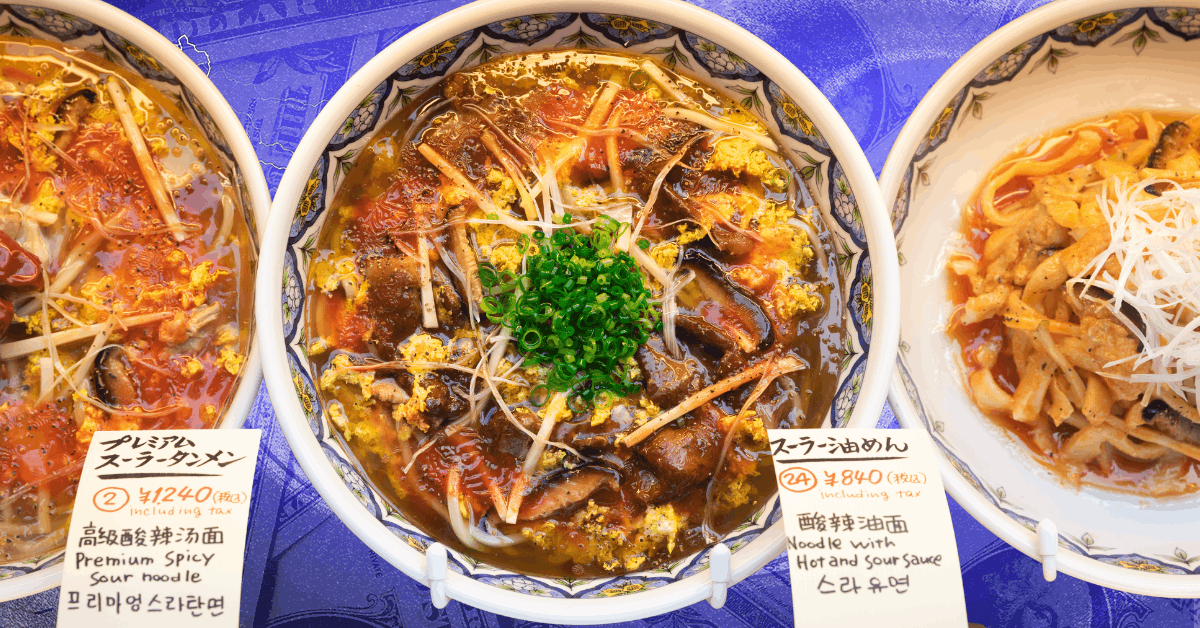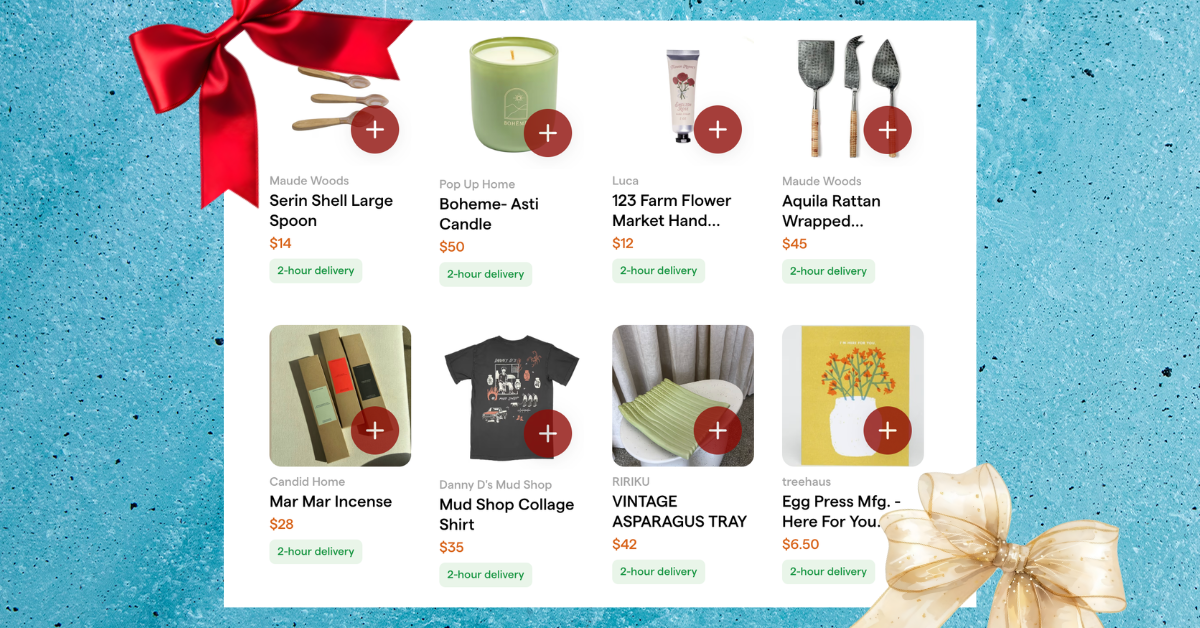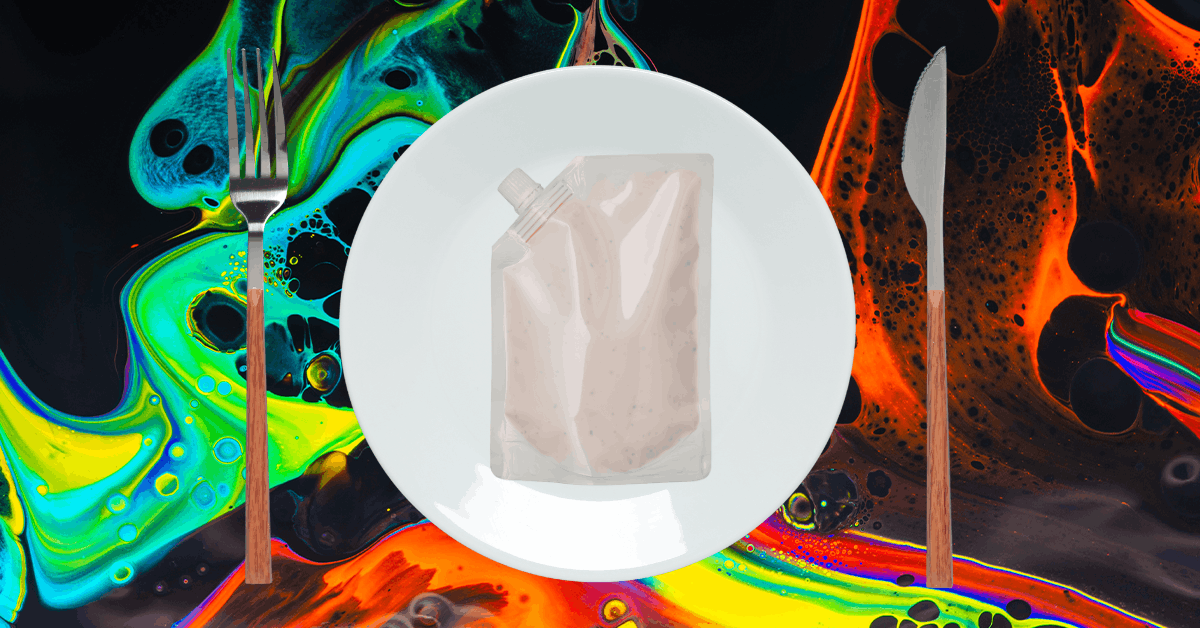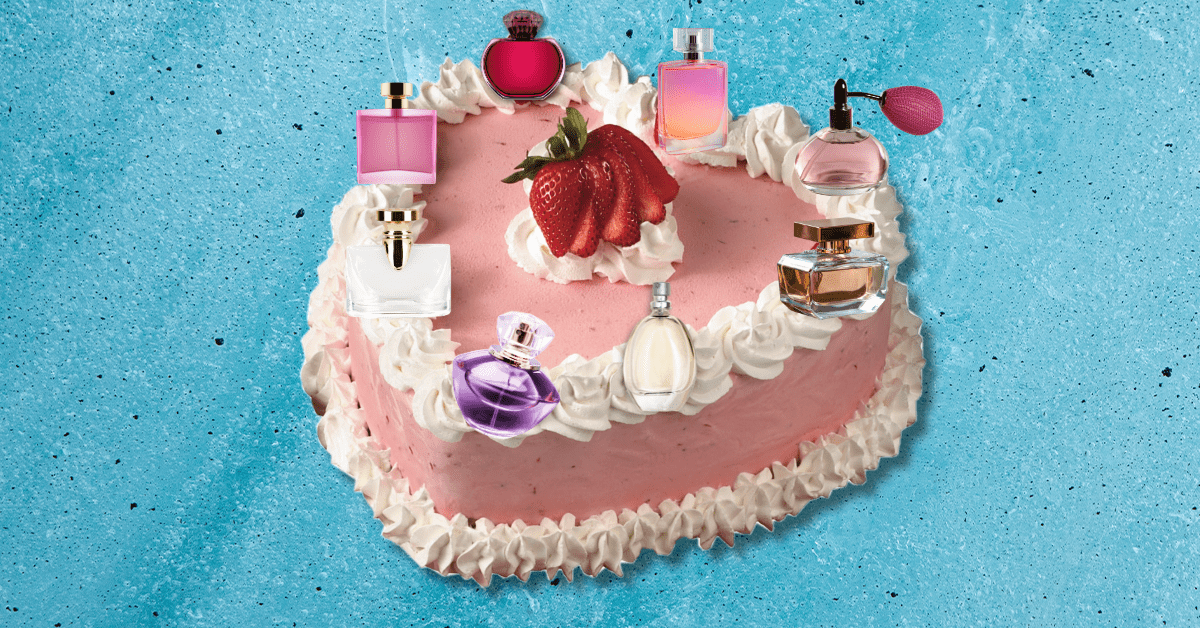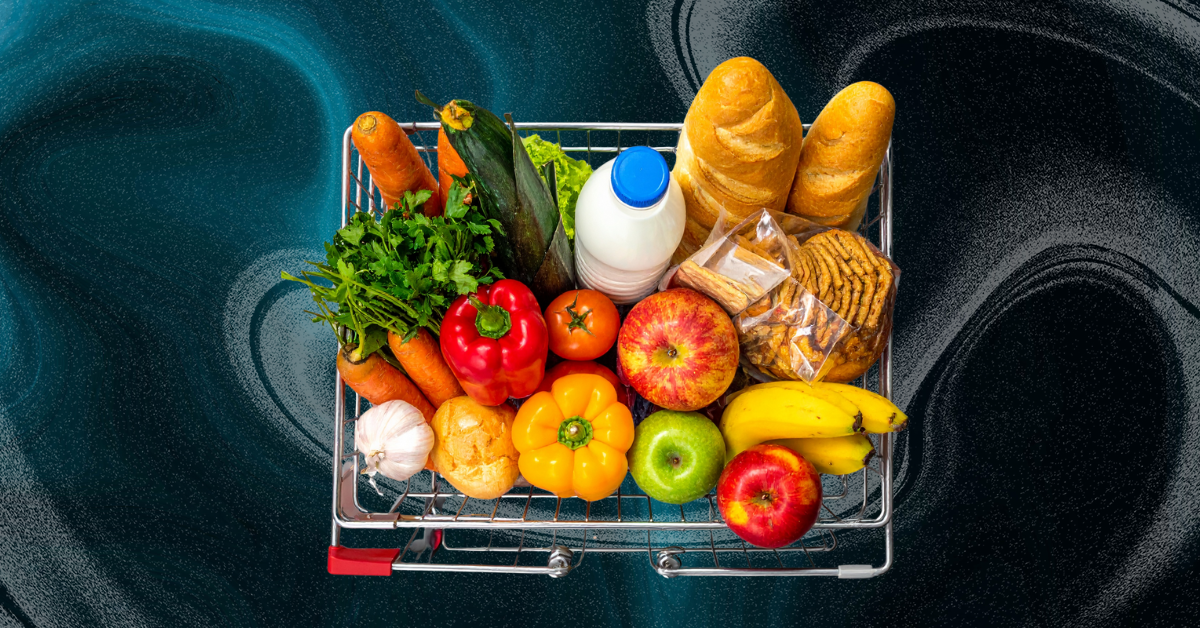Photo by Roberto Machado Noa/LightRocket via Getty Images
There is no delicate way to put this: The pizza joint that just opened around the block is actually a Chuck E. Cheese.
A mysterious new restaurant called Pasqually’s Pizza & Wings has been popping up on delivery apps across the US since April, and the food it serves is… eerily similar to the dishes at your 8th birthday party.
Over the last couple of weeks, customers uncovered the trickery. Pasqually’s, it turns out, is Chuck E.’s virtual kitchen. It cooks out of Chuck E. Cheese’s regular storefront, shares the same ownership, but it lists the “Pasqually’s” name on delivery services to seem… indie.
Strangely, we can’t rat on just Chuck for this: Applebee’s has also launched its own set of stores called “Neighborhood Wings,” which sell Applebee’s wings in higher quantities — with, er, a small business flair.
Buying local? Chain stores want in
In this era of corporate consolidation, consumers want to support small businesses. That poses a problem for giant companies: They can do a lot, but they can’t shrink down to become a hole-in-the-wall pizza shop.
So they’re splitting the difference. Some companies are launching “unbranded” corporate stores that just seem indie.
This is not exactly cutting-edge strategy: In the UK, Waterstones — a £400m business — once got caught opening up quaint, one-off bookstores with names like “Southwold Books” and “Stockbridge Books.”
You’d only know the quaint shop’s behemoth status from a handwritten sign in the window: “Southwold Books is the trading name of Waterstones Booksellers Ltd.”
Unbranding is the new branding
Barnes & Noble has dominated the unbranded game for years. Your favorite upstart college bookstore? Probably a B&N.
Harvard and MIT’s legendary The Coop is brought to you by the chain. Even the Moravian Book Shop — the oldest bookstore in the US — is a B&N property.
Not to be outdone, Starbucks built a series of covert coffee shops — dubbed “Stealth Starbucks” — to test out new products.
I regret to inform you that Roy Street Coffee and Tea was not a neighborhood store. It was a piece of Starbucks’ multibillion-dollar empire (but the coffee behemoth shut Roy down last year).


